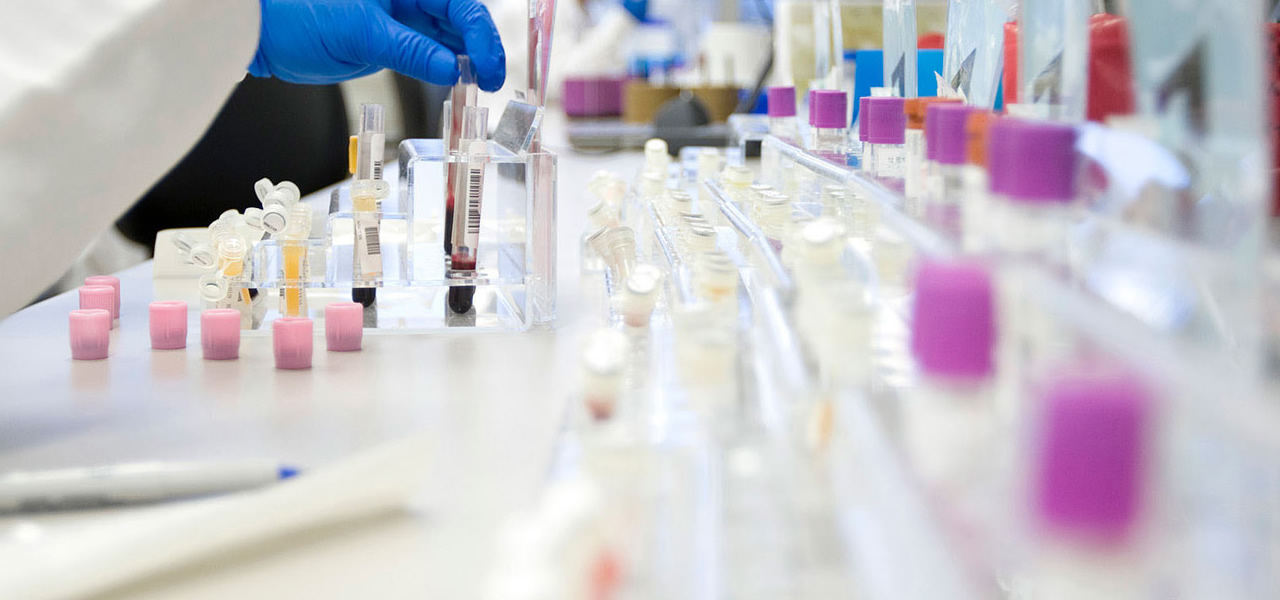Biobanks: Making Your Medical Research More Efficient
Biobanks are a new and rapidly emerging technology that could transform the medical field. With biobanks, doctors can detect certain harmful conditions such as cancer, autoimmune diseases, heart disease, diabetes, and even mental illness more quickly and efficiently than ever before. In addition to this "faster" diagnosis process, biobanks have another major advantage; they significantly reduce the cost of healthcare for patients due to the lessened time spent on physical testing.
A biobank is a collection of biological samples and associated data. Biobanks collect cells, tissue, saliva, and body fluids from individuals to learn more about the genetic makeup of certain diseases. With this new technology, it will be easier to identify disease risks early on in life and make sure people take preventative measures. However, you can also order inquiries related to biobanks.

Image Source: Google
A biobank is a place where a number of biological samples are collected from people undergoing certain medical treatments. The samples are stored in vials and pass through numerous tests to ensure that they have been properly collected, handled, and labeled before being sent to labs for analysis. Biobanks could provide scientists with valuable information about the human genome. They could also be used as a way to improve general health and wellness.
Biobanks could transform the medical field by increasing their efficiency in detecting and curing diseases. For example, biobanks could detect an illness through a person's DNA sample. Biobanks are also beneficial to individuals because they can provide more personalized treatments on the individual level. Biobanks could also be beneficial in the field of drug testing.
Biobanks are beneficial because they can offer better medical treatment for the future generation. Biobanks can be created by collecting, storing, and analyzing information on human behavior, genetics, and medical records. With the help of artificial intelligence, it can lead to improved diagnosis of diseases and treatments for patients.